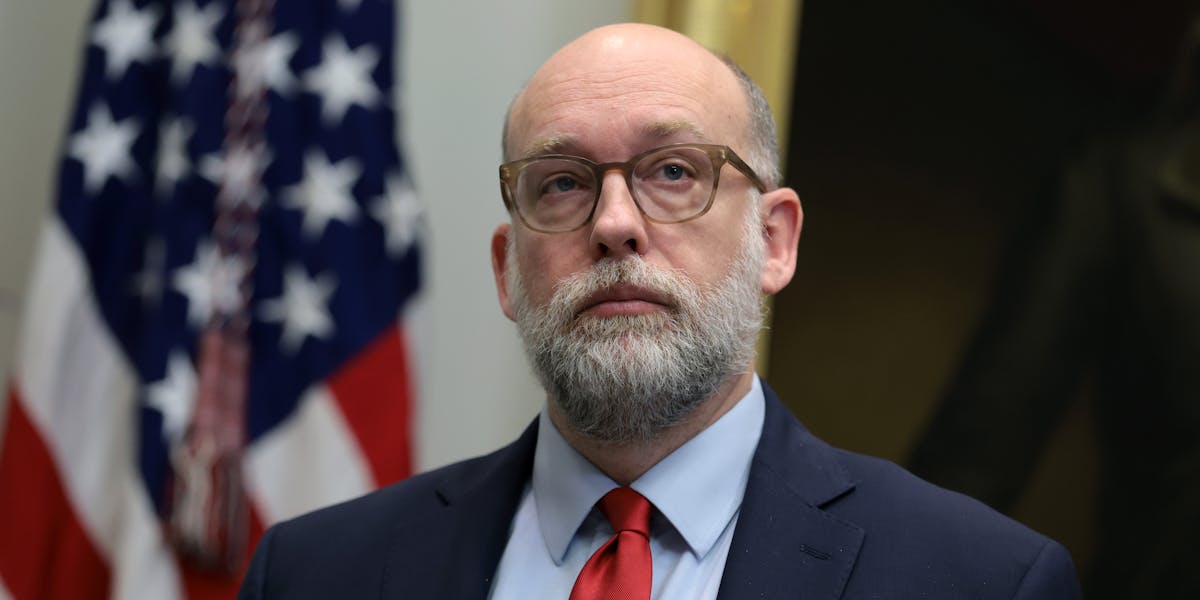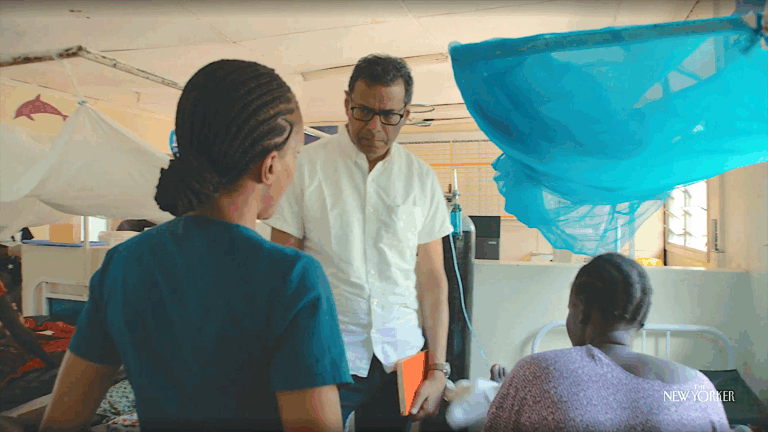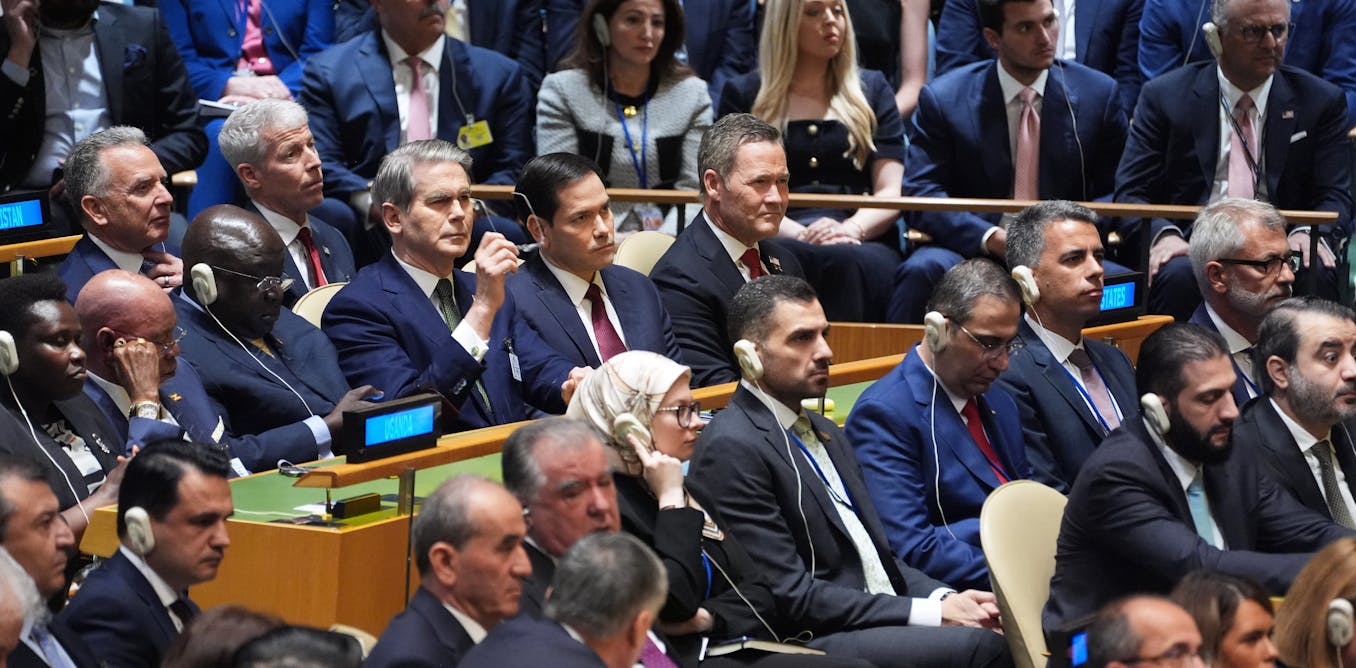RE: https://flipboard.com/@euronews/africanews-ku85rbgbz/-/a-804qCP-DRhGgTIG8cGvjVw%3Aa%3A89340020-%2F0
SO THAT’S WHY #MAGA #DOGE KILLED #USAID : to extort mining deals from African countries.
and you hear that radio silence from Bill Gates about USAID and the vaccine programs the orangen shitstains killed?
that's because he’s in on this colonialist charade.
MAGA is literally the transformation of USA capitalist class into an international crime syndicate. to call them the #EpsteinClass is not wrong at all.
this is mafia politics.
Zambia rejects U.S. health aid over mining partnership ties
https://www.africanews.com/2026/02/26/zambia-rejects-us-health-aid-over-mining-partnership-ties/?utm_source=flipboard&utm_medium=activitypub
Posted into Africanews @africanews-euronews









